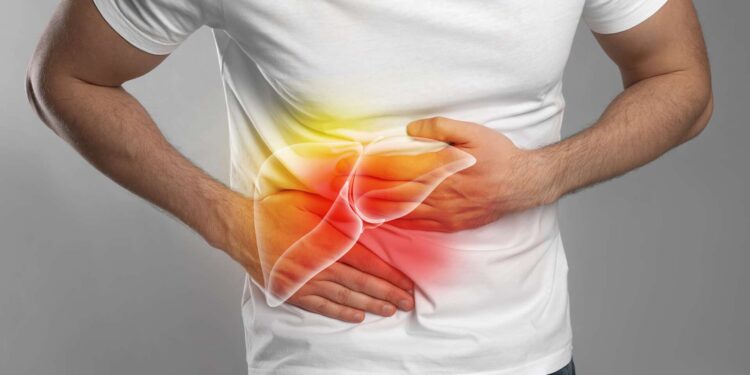A recent article summarizes the state of the art concerning the hepatotoxic potential of certain food supplements while pointing out the dysfunctions of this industry.
This will also interest you
(ON VIDEO) Winter: are vitamin supplements necessary? To prevent infections or combat fatigue, many people take vitamins…
Another stone in the pond of food supplements. Two weeks ago, we warned you, in the Futura Santé podcast, about the vagueness reigning around these countless pills: little evidence of effectiveness and poorly known side effects, among other things. Distrust of them does not weaken while a new article published in Critical Review in Toxicology summarizes what is currently known by science regarding the links between food supplements and hepatotoxicity.
Some reminders about food supplements
Food supplements are products intended to supplement the normal diet (which, except in cases pathologicalpathological and food vegetarianvegetarian or vegan, is not necessary in France) and are composed of a concentrate of nutrients or other substances having a nutritional or physiological effect. They can be used to correct a deficiency, maintain appropriate intake of certain nutrients (for example, vitamin B12 as part of a vegetarian or vegan diet), or to support a physiological function.
Since the 1980s, interest in these substances has grown exponentially, so much so that today, nine out of ten people have already consumed dietary supplements in their lives, including vitamin C, D and magnesium. In the sports world, the most consumed food supplement seems to be creatine according to marketing data. Manufacturers of food supplements have obligations: indicate the name of the nutrients, recommend the appropriate dosage and warn of the effects of possible misuse. However, numerous studies report irregularities with regard to dosagedosagewhich is cause for concern.
Which supplements are at risk?
The authors of this article point the finger at numerous food supplements: green tea extract, rooibos, cannabidiolcannabidiol (better known as CBD), and turmericturmeric. All these supplements have already been the subject either of worrying reports concerning clinical cases of hepatotoxicity, or of robust toxicological studies clearly demonstrating their hepatotoxic nature. The biochemical mechanisms leading to damage to liverliver are not always known and the risk is undoubtedly underestimated, in particular because of widespread false beliefs in the population leading to not reporting possible adverse effects. Indeed, these products are often considered natural and by extension, healthy, and cannot cause collateral damage. Of course, the responsibility does not lie only with the consumer but above all with the lack of rigor and the opacity of the food supplement industry.
What future for the food supplement industry?
It seems difficult to envisage a lasting future for the food supplement industry without an overhaul of its operation and its obligations. First of all, as is constantly noted, manufacturers should have very clearly demonstrated the effectiveness of their products in specific indications instead of relying on risky marketing claims which are generally not supported by clinical studiesclinical studies properly carried out. There is a great shortage of serious clinical trials regarding these products and this should be corrected.
On the other hand, the authors recall that in order to avoid the case of hepatotoxicity, manufacturers of food supplements should pay more attention to the quality of their manufacturing process in order to avoid an overdose of the compounds or their contaminationcontamination by toxic substances, and be exemplary regarding the identification of cases of adverse effects caused by their substances. Without these measures, food supplements will continue to be what they currently are: substances whose effectiveness and safety are uncertain.



